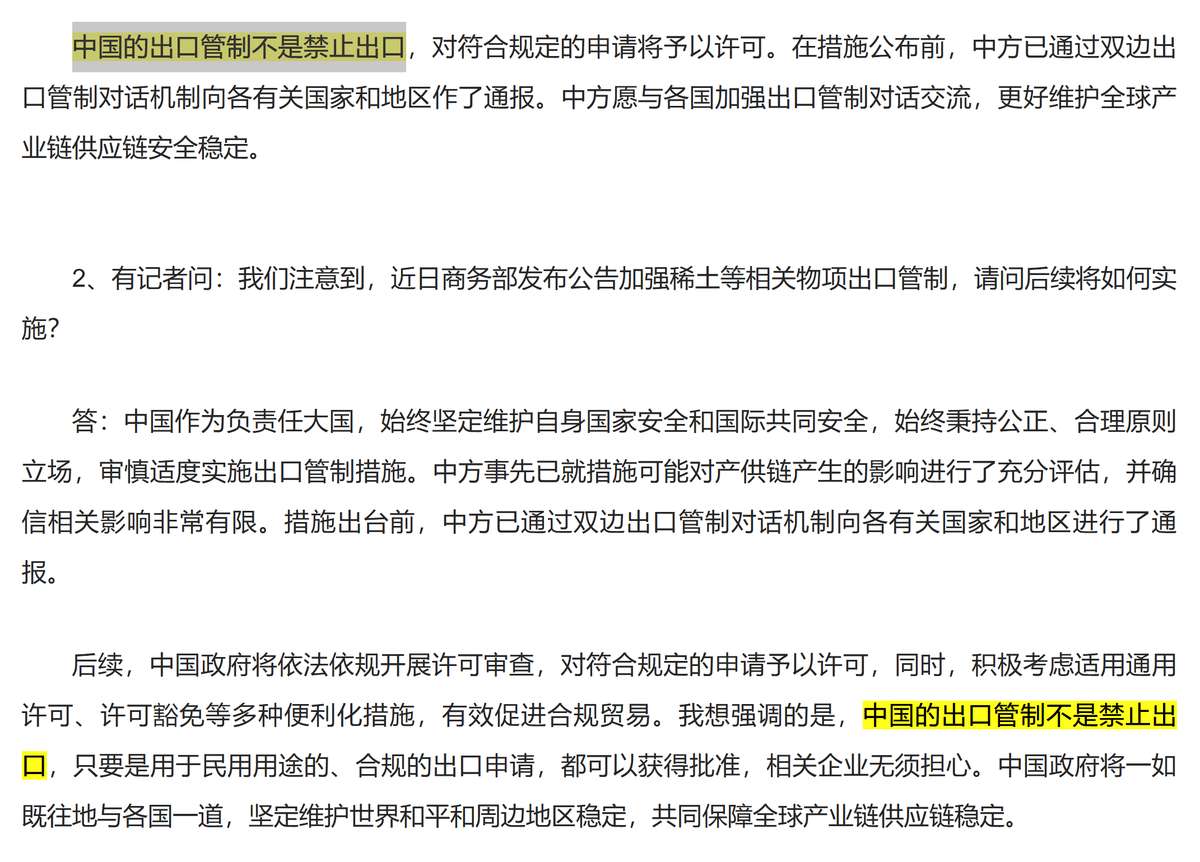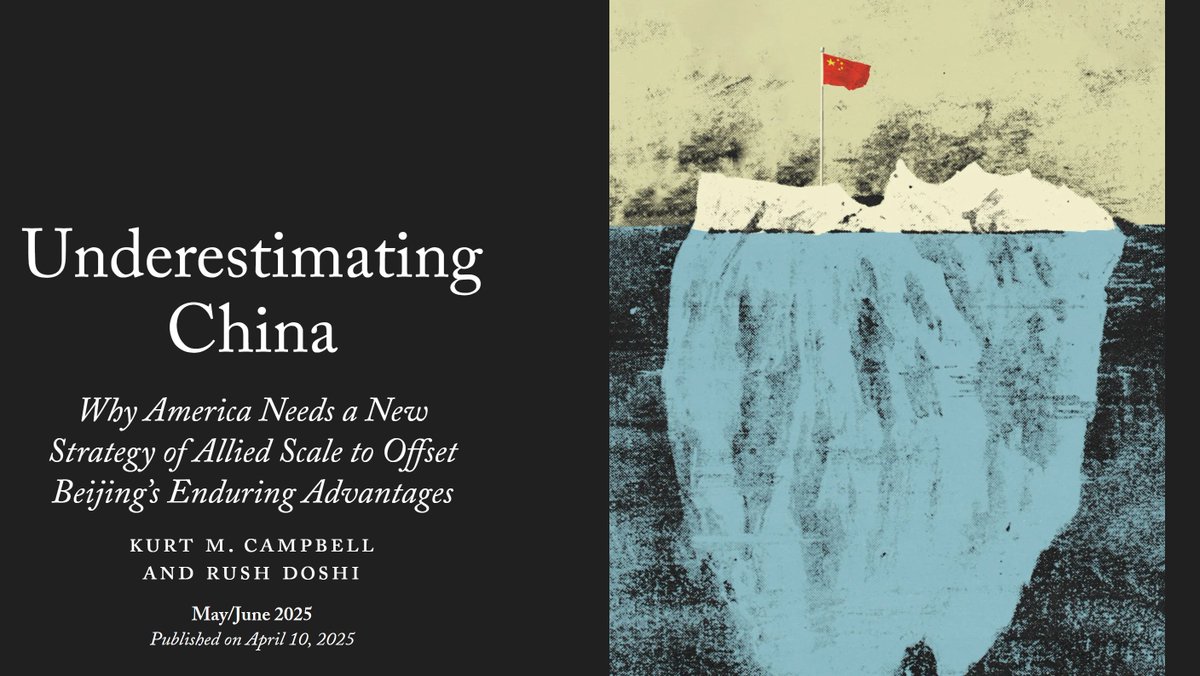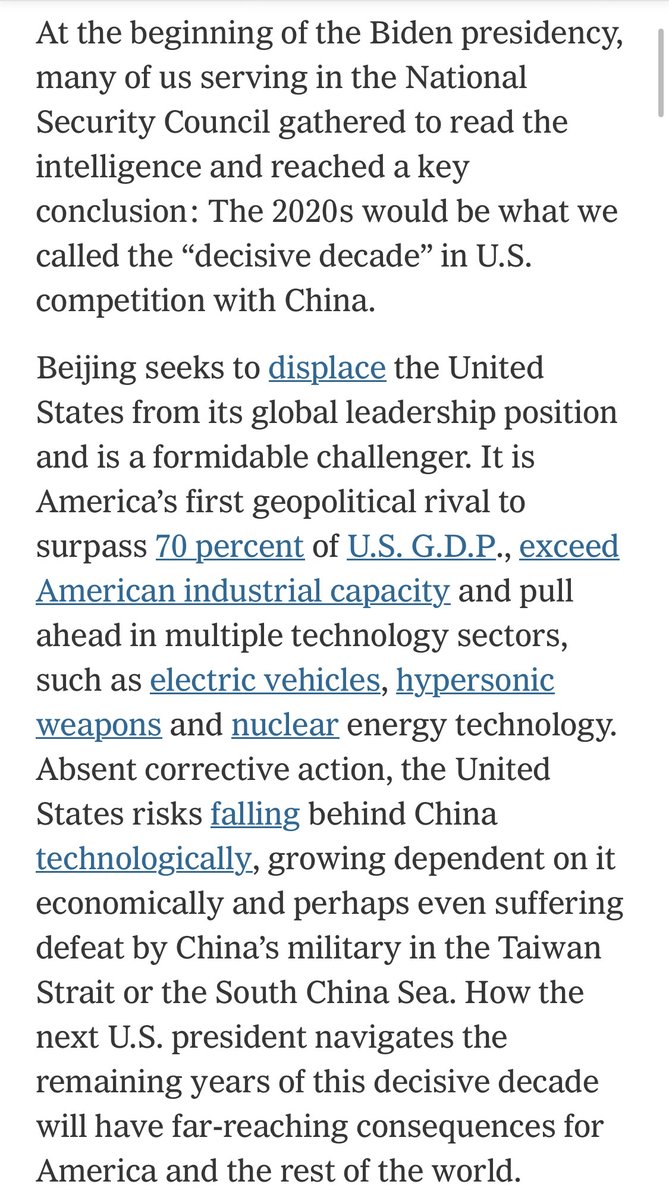Excited to announce that the @BrookingsInst Global China project is publishing 11 papers today on China's role in global governance and norms.
The papers span human rights, democracy, climate, energy, gender, and regional & global multilateralism.
1/
brookings.edu/product/global…
The papers span human rights, democracy, climate, energy, gender, and regional & global multilateralism.
1/
brookings.edu/product/global…
The series includes rich papers on:
1. The UN by Jeff Feltman
2. Peacekeeping by @RichardGowan1
3. Human rights by @SophieHRW
4. Xinjiang by @dahlialpeterson and @JimMillward
5. Gender and LGBT issues by @DariusLongarino
6. Regional architecture by @lindseywford
2/
1. The UN by Jeff Feltman
2. Peacekeeping by @RichardGowan1
3. Human rights by @SophieHRW
4. Xinjiang by @dahlialpeterson and @JimMillward
5. Gender and LGBT issues by @DariusLongarino
6. Regional architecture by @lindseywford
2/
7. Climate cooperation by @tsterndc
8. Climate infrastructure by @Jeff_Ball
9. Energy Trade by @samanthaenergy
10. International economic institutions by @davidrdollar
11. Systems competition by @patrickwquirk, @DaveShullman, and @johannakao
3/
8. Climate infrastructure by @Jeff_Ball
9. Energy Trade by @samanthaenergy
10. International economic institutions by @davidrdollar
11. Systems competition by @patrickwquirk, @DaveShullman, and @johannakao
3/
We owe a special thanks to @AnnaBNewby,
@tedreinert, @RachelASlattery, and many others for their help bringing these papers all the way across the finish line.
4/
@tedreinert, @RachelASlattery, and many others for their help bringing these papers all the way across the finish line.
4/
And grateful to have had the opportunity to once again work alongside my Global China co-leads @ChhabraT, @ryanl_hass, and Emilie Kimball on yet another batch of terrific papers!
5/
5/
• • •
Missing some Tweet in this thread? You can try to
force a refresh














